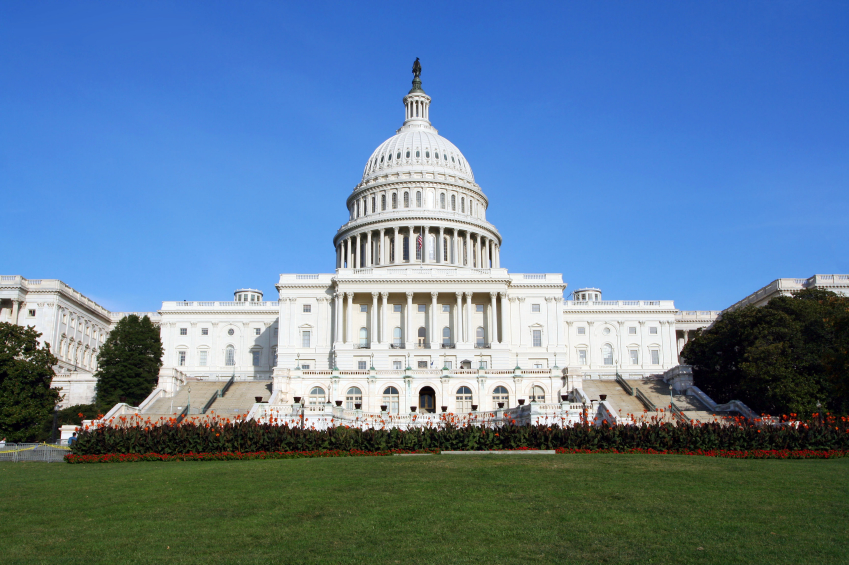PLANDEMIC: Decades of research show how TYRANNY thrives during global pandemics
05/04/2022 / By Mary Villareal

Decades of research have shown how tyranny thrives during global pandemics. It is a natural phenomenon that relates to the type of government people are willing to accept in reaction to perceived threats.
One study that focuses on “parasite stress” hypothesis suggests that when a species faces parasites and diseases, its values are shaped by its experience. In the context of the Wuhan coronavirus (COVID-19) pandemic, the “parasite,” which is used to refer to any pathogenic organism including bacteria and viruses, is the SARS-CoV-2 virus.
The theory states that depending on how a disease stresses people’s development, it can lead to differences in mating preferences and changes in culture. Proponents of the theory also note that the disease can alter psychological and social norms.
According to this theory, authoritarian governments are more likely to emerge in regions that are characterized by the high prevalence of disease-causing pathogens. Researchers define such governance as highly concentrated power structures that repress dissent and emphasize submission to authority, social conformity and hostility toward outgroups.
This explains why governments around the world have employed fearmongering tactics on their own people.
The parasite stress theory also states that greater exposure to diseases is associated with higher ingroup favoritism and outgroup discrimination because of the threat that people from the outside will carry pathogens to which nobody is immune. Because of the invisible nature of these parasites, attempts to control the spread of diseases used to depend substantially on adherence to behavioral practices that helped reduce the risk of infection.
With conditions of threat from the disease, different group members are expected to increase their preference for ingroup association and have an increased awareness of their shared fate and interdependence. As the researchers found, society tends to promote a collectivist worldview, which means it favors the obedience and conformity of the population.
Parasite prevalence predicts measures of an authoritative government
In examining two different studies, it was shown in the first that “parasite prevalence” strongly predicted the likelihood of individuals to express authoritarian personalities. The second study, which focused on small-scale societies, also found that parasite prevalence predicted measures of authoritarian governance, and did so even when they are statistically controlling other threats to welfare. (Related: Legacy chocolate maker Hershey dumps all-American image and adopts authoritarianism by firing unvaccinated workers.)
According to the researchers, these results suggest that societal differences in governance result from cultural differences in the individuals’ authoritarian personalities. They also pointed out that individuals who dissent with the said “ritualized behavior” are seen as a threat to society.
The researchers wrote: “At a psychological level of analysis, empirical evidence reveals that the subjective perception of infection risk causes individuals to be more conformist, to prefer conformity and obedience in others, to respond more negatively toward others who fail to conform and to endorse more conservative socio-political attitudes.”
Moreover, the “societal level of analysis” says that in countries and cultures with a higher prevalence of diseases, people tend to be less individualistic and exhibit lower levels of dispositional openness to new things. They are also more likely to conform to the opinion of the majority.
In other words, the high prevalence of parasitic diseases that result to stress on human health is likely to give rise to authoritative governance. The researchers also noted that this is consistent with previous research that studied conformist attitudes toward those who have experienced malnutrition, warfare and famine.
“A disease epidemic, or even the perceived threat of an epidemic, may lead to temporarily higher levels of conformity within populations and may dispose individuals within those populations to respond more harshly to normative transgressions,” the researchers said. (Related: As a global, end times war nears, despotism is being ramped up in America: Expect armed guards outside of purebloods homes and ‘COVID camps’ in their war upon Americans.)
In taking one step back and examining the results of the studies, it is obvious that such a theory is proven right during the mask, social distancing and vaccine mandates that plagued the COVID pandemic.
Follow Pandemic.news for more news related to the COVID-19 pandemic.
Watch the video below to know more about obedience and the rise of authoritarianism.
This video is from the HolisticGreen channel on Brighteon.com.
More related stories:
New study demonstrates how conservative academics experience hostile environment for their beliefs.
Sources include:
Submit a correction >>
Tagged Under:
authoritarianism, big government, covid-19, enslaved, fascism, Group Think, infections, obedience, outbreak, pandemic, parasite prevalence theory, parasite stress hypothesis, Psychology, research, Tyranny
This article may contain statements that reflect the opinion of the author
RECENT NEWS & ARTICLES
COPYRIGHT © 2017 PENSIONS NEWS




















